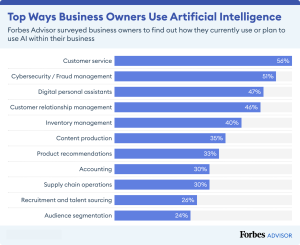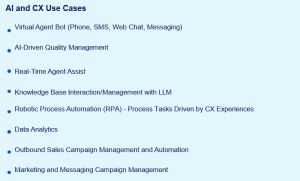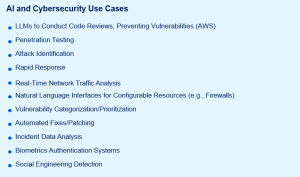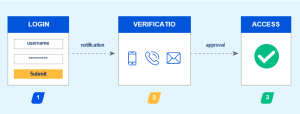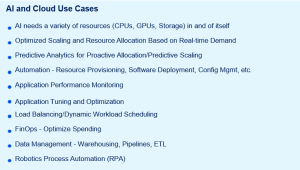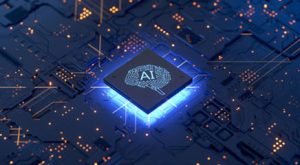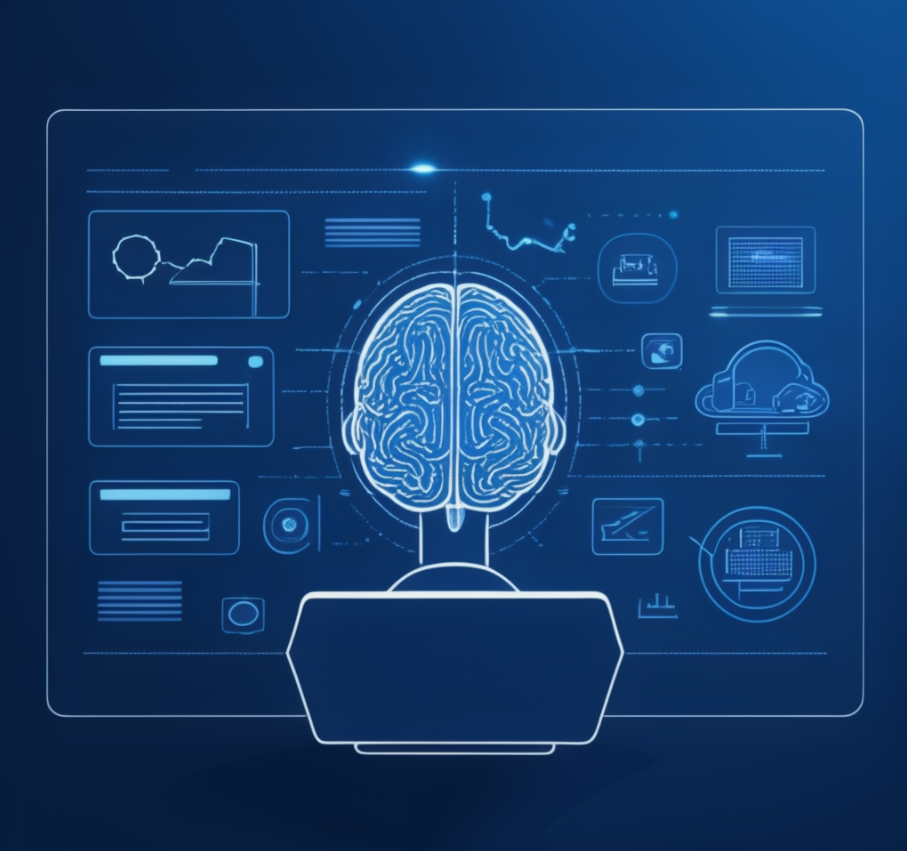
Discover how to integrate AI into your business operations. This guide offers practical advice on developing an AI strategy and assessing AI readiness to help you manage the complexities of AI integration.
Artificial intelligence (AI) is crucial for businesses aiming to stay ahead in a competitive landscape. However, embarking on the journey to AI adoption can be intimidating, particularly for those just beginning to explore its complexities. This guide will steer you through the essential steps of crafting an AI strategy and assessing your readiness for AI.
The emergence of AI is not only a technological shift but also a profound business transformation. Organizations across various sectors are recognizing AI’s potential to revolutionize operations and enhance customer experiences. Yet, integrating AI comes with its own set of challenges. A well-defined strategy, readiness for adaptation, and a comprehensive understanding of AI’s capabilities and limitations are vital.
Developing an AI Strategy
The first step in your AI journey is to create a detailed AI strategy. This strategy should be in line with your business goals, outlining specific objectives and measurable outcomes. It should also address the resources needed, potential risks, and ways to mitigate them.
Begin by identifying areas within your organization where AI can provide the most value. Consider your business processes before diving into new technologies or restructuring data systems.
- Which repetitive tasks could benefit most from automation?
- How could predictive analytics enhance your decision-making?
- What is the potential impact of personalizing customer or employee interactions?
Focusing on one or two high-value areas initially will help you achieve quick wins and build the case for further AI investments and more complex applications.
After identifying your focus areas, assemble your team. Include technical experts and stakeholders from the business areas most affected by the AI implementation. Ensure you have support from the C-suite or board of directors, as their backing can be crucial for moral and financial support. A cross-functional team will ensure that your AI strategy aligns with broader business goals and that the implementation process is smooth and effective.
Assessing AI Readiness
Once your AI strategy is in place, conduct an AI readiness assessment. This important step evaluates your organization’s capacity to implement and support AI technologies, focusing on your data infrastructure, employees’ technical skills, and organizational culture.
Start with data, the cornerstone of AI. Without quality data, even the most advanced AI systems will not deliver the desired results. Assess your data infrastructure, including data quality and quantity, data management practices, and data security measures.
A useful acronym to remember is ROT—redundant, obsolete, and trivial data. Eliminating ROTten data, such as duplicate forms, outdated records, and irrelevant information, is essential for AI effectiveness. Although evaluating large quantities of data is time-consuming, a step-by-step approach will help you manage this process.
Technical AI Readiness
Evaluating your technical skills is another critical aspect of AI readiness. While your IT staff may be skilled, advanced AI applications require additional expertise. Key areas include:
- AI Algorithms and Models: Understanding mathematics and statistics, such as linear algebra and probability theory.
- Data Management: Focusing on cleaning complex input data types.
- Emerging Technologies: Incorporating natural language processing and computer vision into IT training programs.
- Ethical Considerations: Understanding model bias, data privacy, and maintaining transparency.
Assessing your organizational culture is also important. Use employee surveys, anonymous feedback, and past experiences with change initiatives to gauge readiness. Learn from previous technology implementations to identify and address potential pitfalls in your AI adoption.
Implementing AI
With a solid strategy and a positive readiness assessment, you can begin implementing AI. This process involves building or acquiring AI technologies, integrating them into existing systems, and training staff to use them effectively.
Remember to address the human aspect of AI. Share your AI vision with employees, explaining how their roles will evolve and the benefits AI will bring. Engage them in identifying pain points and demonstrating how AI can alleviate these issues. Provide training or reskilling opportunities to ensure employees are prepared for the changes AI will introduce.
Keep in mind that implementing AI is an ongoing process. Continuously monitor and adjust your people, processes, and technology to ensure alignment with evolving business objectives and to achieve the desired outcomes.
Conclusion
The journey to AI integration is both exciting and challenging. From technical issues like data quality to organizational challenges such as resistance to change, businesses must be prepared to navigate various obstacles. However, with a strong strategy and a willingness to adapt, you can harness AI’s power to transform your business, ensuring a competitive edge in the ever-evolving market.



